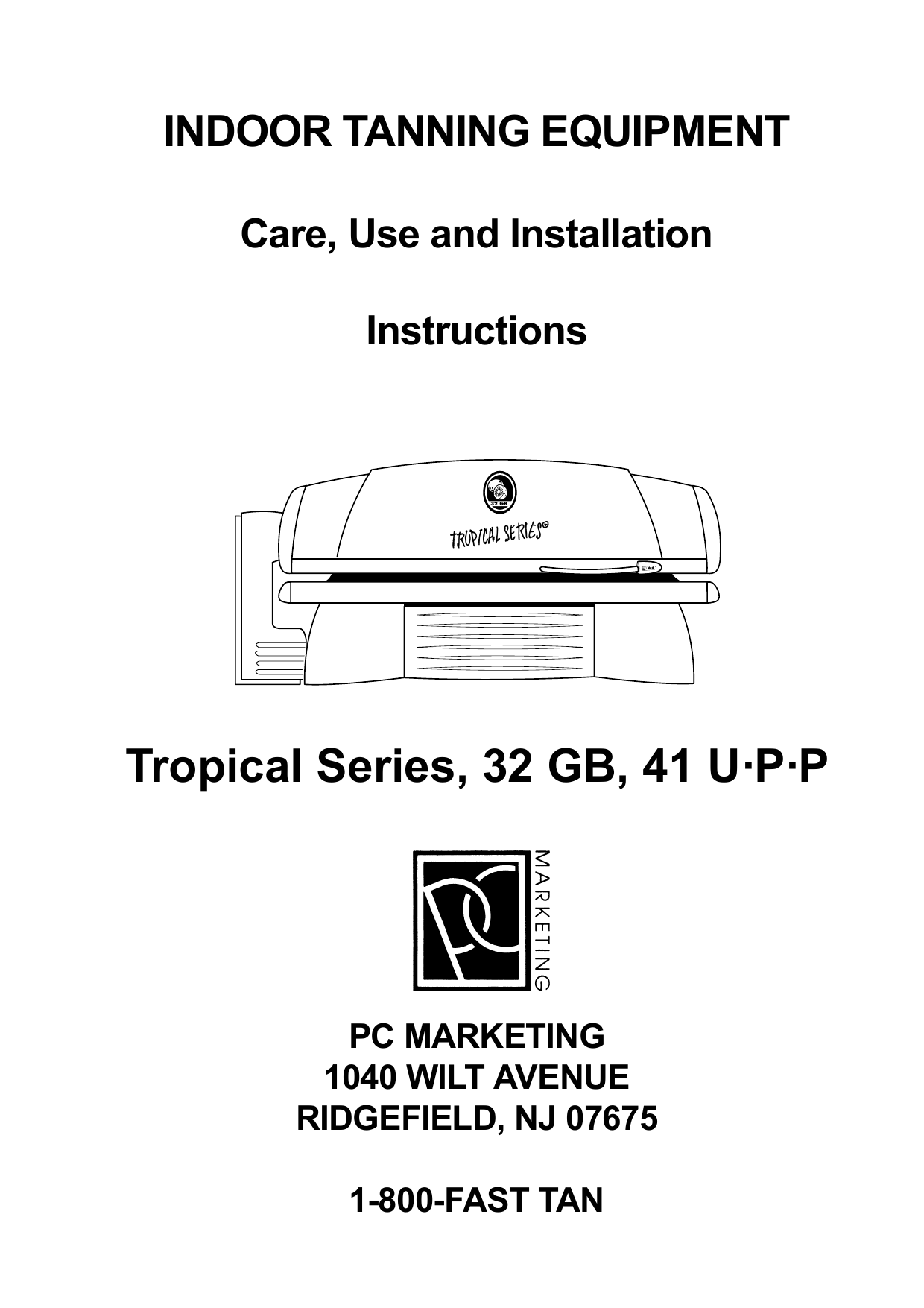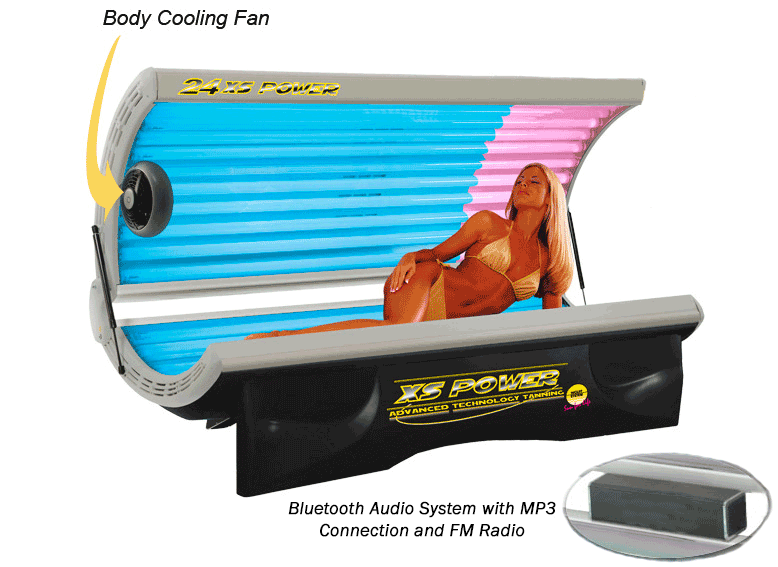

Carefully follow your doctor's instructions when giving this medicine to a child of any age. Promethazine can cause severe breathing problems or death in very young children. Promethazine should not be given to a child younger than 2 years old. Keep a list with you of all the medicines you use and show this list to any doctor or other healthcare provider who treats you. Do not start using a new medication without telling your doctor. This includes vitamins, minerals, herbal products, and drugs prescribed by other doctors. Tell your doctor about all the prescription and over-the-counter medications you use. There are many other medicines that can interact with promethazine. Avoid drinking alcohol, which can increase some of the side effects of promethazine. Be careful if you drive or do anything that requires you to be awake and alert. Promethazine can cause side effects that may impair your thinking or reactions. Promethazine can cause severe breathing problems or death in a child in very young children. These could be early signs of dangerous side effects. Stop using promethazine and call your doctor at once if you have twitching or uncontrollable movements of your eyes, lips, tongue, face, arms, or legs.

Promethazine is not for use in treating symptoms of asthma, pneumonia, or other lower respiratory tract infections.

It is also used as a sedative or sleep aid. It also prevents motion sickness, and treats nausea and vomiting or pain after surgery.
TAN AMERICA TANNING BED MANUALS SKIN
Promethazine is used to treat allergy symptoms such as itching, runny nose, sneezing, itchy or watery eyes, hives, and itchy skin rashes. It blocks the effects of the naturally occurring chemical histamine in your body. Promethazine also acts as an antihistamine. It works by changing the actions of chemicals in your brain. Promethazine is in a group of drugs called phenothiazines (FEEN-oh-THYE-a-zeens). Generic name: promethazine (oral) (pro METH a zeen)ĭrug class: Antihistamines, Phenothiazine antiemetics


 0 kommentar(er)
0 kommentar(er)
